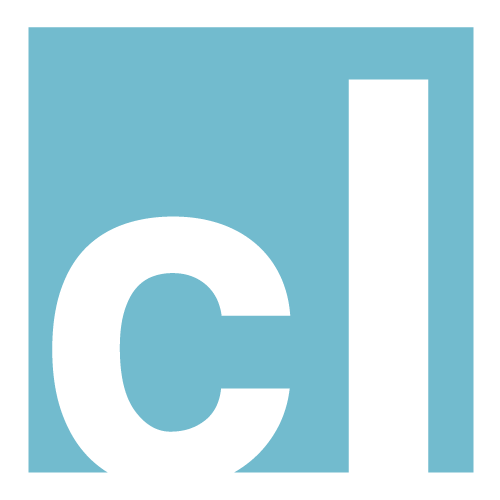Researching Communities of Practice When Transitioning In-Service Educator Training to Blended Learning
Investigar Comunidades de Práctica en la Transición de la Formación Docente en Servicio al Aprendizaje Semipresencial
By: Cristo León, James M. Lipuma, and Saikat Pal
Blog post about the article by León, Lipuma, and Pal (2023) published in the Journal of Modern Education Review, last updated on October 08, 2025.
Introduction
The New Jersey Department of Education commissioned the development of an Online Professional Learning Exchange for roughly 150,000 educators across nearly 600 districts. The project delivered blended learning modules that combined video, readings, polls, and discussions. With more than two million dollars in funding, the goal was to shift training away from expert delivery toward sustained Communities of Practice. This article presents a post-project analysis, a systematic literature review, design methods, and implications for statewide professional learning at scale.
What Challenge Does the Article Address?
- Scaling professional learning for a large, diverse educator workforce.
- Transitioning from one-off, face-to-face workshops to continuous blended learning.
- Building authentic Communities of Practice that support mastery and transfer to classrooms.
What Do We Offer?
The paper describes a practical, statewide model that centers Communities of Practice.
- Systematic review of professional learning and training methods.
- Design of blended modules using video, texts, polls, and discussions.
- Post-project analysis of outcomes and lessons for large-scale implementation.
Who Will Benefit from This Work?
- State and district leaders planning scalable educator development.
- Professional learning teams designing blended modules and PLCs.
- Researchers studying adoption of Communities of Practice at scale.
Download or View
Cite this Paper
León, C., Lipuma, J. M., & Pal, S. (2023). Researching Communities of Practice When Transitioning In-Service Educator Training to Blended Learning.
Journal of Modern Education Review, 13(4), 153–159.
https://doi.org/10.15341/jmer(2155-7993)/04.13.2023/001
DOI: 10.15341/jmer(2155-7993)/04.13.2023/001
ISSN: 2155-7993
Volume: 13 | Issue: 4 | Pages: 153–159
Publisher: Academic Star Publishing Company
Rights: © Academic Star Publishing Company, 2023
Keywords: pedagogy; differentiation; motivation; foreign languages; professional learning; blended learning; Communities of Practice
Interested in Exploring or Collaborating?
Are you transitioning statewide or district PD to blended formats and PLCs?
Share this post, or cite the article to inform large-scale professional learning design.
Versión en Español
Investigar Comunidades de Práctica en la Transición de la Formación Docente en Servicio al Aprendizaje Semipresencial
Entrada de blog sobre el artículo de León, Lipuma y Pal (2023) publicado en el Journal of Modern Education Review.
Introducción
El Departamento de Educación de Nueva Jersey desarrolló un Intercambio de Aprendizaje Profesional en Línea para aproximadamente 150,000 docentes en casi 600 distritos. Se diseñaron módulos semipresenciales con video, lecturas, encuestas y foros. Con una inversión superior a dos millones de dólares, el objetivo fue pasar de talleres presenciales aislados a Comunidades de Práctica sostenidas. El artículo presenta un análisis posterior al proyecto, revisión sistemática, métodos de diseño y lecciones para la implementación a gran escala.
¿Qué problema aborda el artículo?
- Escalar el desarrollo profesional para una fuerza docente amplia y diversa.
- Transitar de sesiones magistrales a aprendizaje semipresencial continuo.
- Consolidar Comunidades de Práctica que logren dominio y transferencia al aula.
¿Qué aportamos?
- Revisión sistemática de métodos de formación docente.
- Diseño de módulos combinando video, textos, encuestas y discusión.
- Análisis de resultados y recomendaciones para despliegues estatales.
Cita el artículo
León, C., Lipuma, J. M., y Pal, S. (2023). Investigar Comunidades de Práctica en la Transición de la Formación Docente en Servicio al Aprendizaje Semipresencial.
Journal of Modern Education Review, 13(4), 153–159.
https://doi.org/10.15341/jmer(2155-7993)/04.13.2023/001
Podcast
🎧 Escucha el podcast (duración: [X:XX] minutos)

